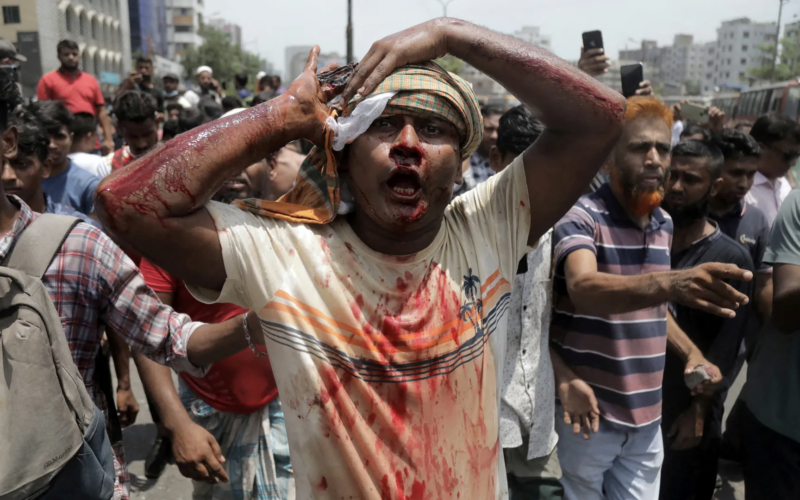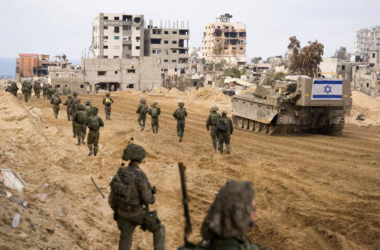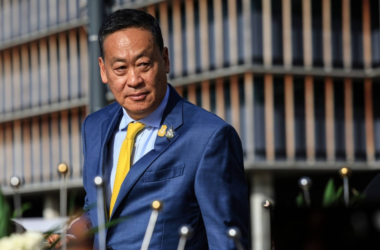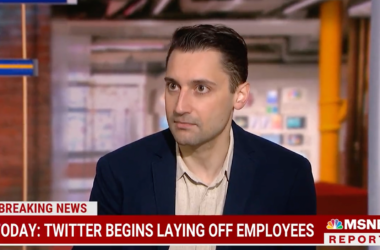Bangladeshi security forces were on high alert in the capital, Dhaka, on Monday as the country prepared for another wave of anti-government protests following a weekend of violent unrest that left at least 94 people dead. The protests, which began last month, have escalated into one of the most significant challenges to Prime Minister Sheikh Hasina’s 15-year rule, with demonstrators calling for her resignation.
On Sunday, the streets of Dhaka and other major cities were the scene of brutal clashes between protesters, government supporters, and security forces. Armed with sticks and knives, hundreds of thousands battled across the country, with soldiers and police firing rifles in attempts to control the violence. The government responded by imposing a curfew, barricading routes to the Prime Minister’s office, and severely restricting mobile internet access nationwide.
Despite these measures, protest leaders are undeterred, calling for even larger demonstrations in the days ahead. “We are calling on students and the public all over the country to march towards Dhaka,” said Asif Mahmud, a prominent figure in the civil disobedience movement. “The time has come for the final protest.”
Sunday’s violence, the deadliest since the protests began, resulted in the deaths of 94 people, including 14 police officers. Many were killed when demonstrators stormed a police station in Enayetpur, a northeastern town. The total death toll from the protests, which began in early July, has now reached at least 300, according to reports from police, government officials, and hospital doctors.
The United Nations has condemned the violence, with UN rights chief Volker Turk calling for an end to the bloodshed. Analysts warn that the situation could deteriorate further, with political experts like Ali Riaz of Illinois State University describing the crisis as an “unprecedented popular uprising” and expressing deep concern over the government’s response.
Protesters have shown no signs of backing down, and the movement has gained support from a broad cross-section of Bangladeshi society, including prominent cultural figures. The unrest began over a government job quota scheme but has since evolved into a broader movement against Hasina’s administration, which is accused of using state institutions to suppress dissent and entrench its power.
As tensions rise, the role of the military remains uncertain. While current army chief Waker-uz-Zaman stated that the military “always stood by the people,” it is unclear whether the army will continue to support the government or the growing protest movement.
The situation in Bangladesh remains highly volatile, with both sides preparing for further confrontation in the coming days.








